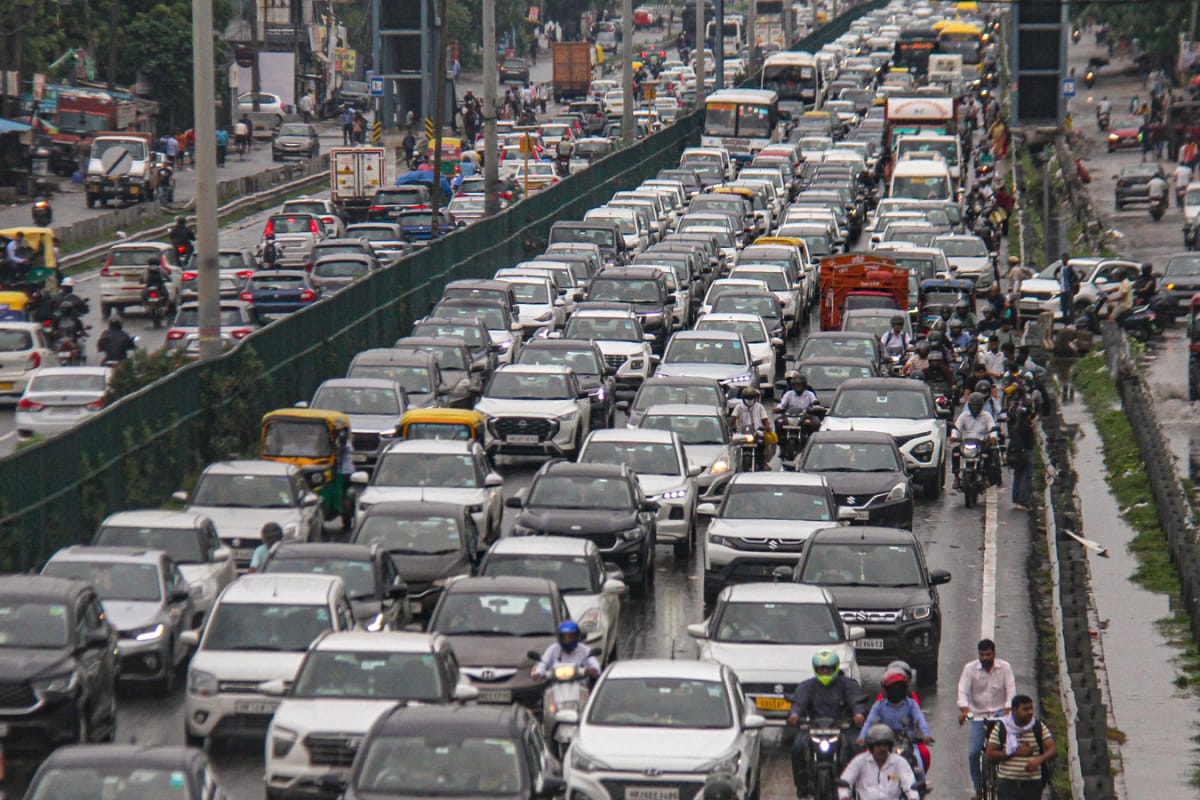

The Delhi government is launching an Innovation Challenge with a reward of ₹50 lakh for innovative solutions to reduce pollution from heavy vehicles. This initiative seeks to encourage the development of technologies that can upgrade Bharat Stage (BS)-IV trucks to the more stringent BS-VI standards.
The challenge is motivated by the Commission for Air Quality Management's (CAQM) directive to ban BS-IV heavy vehicles from entering Delhi starting November 1st. Rather than solely relying on enforcement, the government aims to foster innovation in pollution control. Environment Minister Manjinder Sirsa stated that the government wants to encourage research and development and provide talented individuals with a platform.
The Delhi Pollution Control Committee (DPCC) will spearhead the Innovation Challenge. The challenge is open to individuals, startups, research institutions, and technology developers across India. The government is looking for scientific ways to curb pollution in the national capital through this challenge. The initiative aims to identify affordable and effective technological solutions that can absorb emissions from older vehicles.
The selected projects will initially receive ₹5 lakh. The technology that qualifies for use and receives certification from the National Physical Laboratory will be awarded ₹50 lakh. The government is also interested in innovations that can convert diesel cars into electric vehicles, especially if these innovations are more cost-effective.
In addition to the Innovation Challenge, the Delhi government is organizing Industrial Ideathon 2025 in August to source innovative, student-led solutions to drive industrial growth in the city. The Industrial Ideathon 2025 is being organized by the Delhi State Industrial and Infrastructure Development Corporation on behalf of the industries department and co-hosted by Netaji Subhas University of Technology.
The government has been taking other steps to combat air pollution. These include reintroducing the odd-even vehicle scheme and banning certain vehicles. The odd-even scheme, which restricts vehicle usage based on license plate numbers, will be in effect for a week in November. There is also a ban on BS-III petrol vehicles and BS-IV diesel vehicles, with exceptions for LNG, CNG, and electric trucks used for essential commodities and services. The government is also planning to install Automatic Number Plate Recognition (ANPR) cameras at the city's entry points to identify end-of-life vehicles.
The government also intends to roll out 10,000 electric buses by 2027 and will be adding 2,080 electric buses to the fleet by the end of the year. Additionally, the "Ek Ped Maa Ke Naam" campaign will be launched on June 5, aiming to plant 70 lakh saplings across Delhi this year.